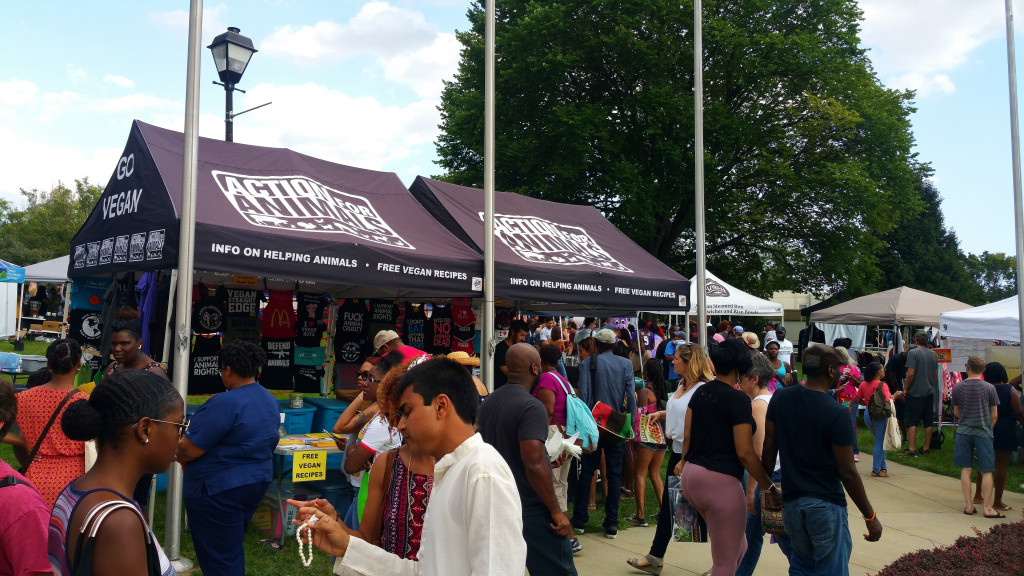Community-building events are a great way to bring people together and strengthen relationships. However, planning and executing these events can be a daunting task. If you’re looking for tips on how to make your next event a success, read on. This article will provide you with some helpful advice.
The Value of Community-Building
Community building is the process of creating strong relationships within a group of people. These relationships can be between individuals, families, businesses, or any other type of organization. When these bonds are strong, the community can thrive.
Community-building events are a valuable asset to any community. There are many benefits to holding community-building events. For one, they can help to build trust and cooperation among members. Additionally, these events can promote a sense of pride, belonging, ownership, and unity. Finally, community-building events can help to create a positive image for the community. All of these benefits can lead to a stronger, more vibrant community, improving the overall quality of life for everyone.
Planning Your Event
Now that you know the importance of community-building events, it’s time to start planning your own. Work with a committee and tackle these questions to help you to create a successful event.
- What is the purpose of the event?
- Who is the target audience?
- What type of activities will take place?
- How will you promote the event?
- What is the budget?
Once you have your answers, you can decide what type of event you want to hold. There are many different types of community-building events, so it’s important to choose one that will fit the needs and interests of your community.
Some popular community-building event ideas include:
• Block parties
• Parades
• Festivals
• Concerts
• Sporting events
• Workshops
Once you’ve decided on the type of event you want to hold, it’s time to start planning the details. First, you’ll need to choose a date and location for your event. Choose a date that will work well for the majority of people in your community. If you’re unsure of what date to choose, consider holding the event on a holiday or during a time when most people are free, such as weekends or summer vacation.
As for the location, pick a place that is centrally located and easily accessible for everyone in your community. If you’re held outdoors, make sure there is enough space for the event and that the area is safe. Also, make sure you have the required permits.
Next, you’ll need to start thinking about logistics. This includes things like security, first aid, and restrooms. Coordinate with local businesses and organizations to secure the necessary resources.
Will there be food at the event? Will the food be sold in booths? If so, coordinate with potential food vendors. If the affair is more formal, like a fundraiser dinner, get a caterer. Arrange for the sit-down dinner set-up, including rented tables and chairs, a table linen rental service, and a dinnerware rental service.
Ensure that you have the necessary sound system. Decide whether you’ll use live music or a DJ. If you’re using live music, make sure you have a stage and that the bands have the necessary equipment. It is crucial to have a safe power source for the equipment and to have all these protected if it rains.
Finally, promote your event! Get the word out to as many people as possible. Use flyers, posters, social media, and word of mouth to spread the news. The more people you can get to attend, the more successful your event will be.

Executing Your Event
Now that you’ve planned everything out, it’s time to execute your event. Ensure that you have enough volunteers who already have their assignments so everything will be synchronized. That is also part of the community-building aspect of the event. Everyone must work together seamlessly.
Throughout the event, interact with community members and make sure they’re enjoying themselves. If there are any problems, address them immediately. Start gathering feedback that will be useful for your succeeding events.
When the event is over, thank your volunteers and guests for their time and effort. Ensure that there are also volunteers for cleaning up any litter or debris left behind. This is an important part of being good community members.
Evaluating the Success of Community-Building Events
After the event, it’s important to reflect on what went well and what could be improved. Post-activity assessment is valuable in community building. This will help you plan future events and make them even more successful. Here are some questions to ask yourself:
• How many people attended the event?
• Was the turn-out what you expected?
• Was the event within budget?
• If the event was a fund-raiser, did you reach your goal?
• What was the feedback from attendees?
• Was the event well-organized?
• Did everything go as planned?
• If not, what went wrong and how can you prevent it from happening again?
• How can you improve the event for next time?
Community-building events are a great way to bring people together and improve the overall community spirit. By following these tips, you can ensure that your event is successful and enjoyable for everyone involved.


